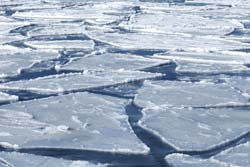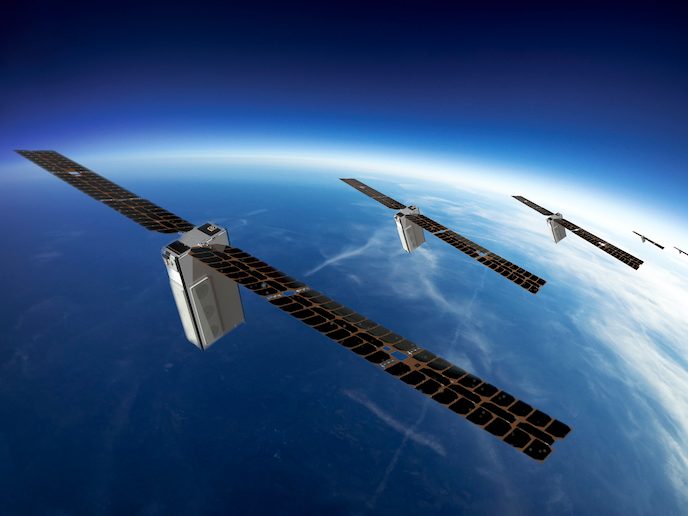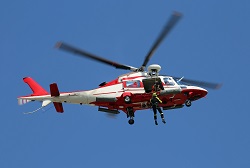Underwater gliders monitor the Arctic
In recent years, numerous research projects have addressed monitoring of the Earth's oceans. While efforts have proved quite fruitful in technological development regarding monitoring of open oceans, ice covered areas in polar regions have been severely under-sampled due to technical limitations. The lack of data makes development of predictive models difficult if not impossible. Thus, understanding of ocean and ice interactions and detection of climate change signals from polar regions has been limited. EU funding of the 'Acoustic technology for observing the interior of the Arctic Ocean' (ACOBAR)(opens in new window) project helped improve understanding. Scientists developed and tested new technologies to observe systems in the polar oceans. Project partners deployed gliders and floats under the ice as well as advanced ice-tethered platforms (AITPs). Technologies used for data collection and analysis included acoustic techniques and communication technology for use between underwater and surface platforms. Results included the ability to determine the internal Arctic Ocean temperature with an accuracy of 0.01 degrees Celsius over a range of 200 km via acoustic thermometry and tomography. Gliders complemented the excellent temporal resolution of technology with greater spatial resolution between the surface and a depth of 1 km. A cluster of AITPs provided regional acoustic navigation for gliders and floats under the ice. A high-resolution ice and ocean model was then applied using data collected from the observation platforms together with satellite data. The consortium also developed and demonstrated more cost-effective systems for use in the Arctic, which enabled continuous monitoring of physical, biological and biogeochemical systems. This will benefit areas such as ocean and climate monitoring, marine transportation and safety, oil and gas exploration, resource management and protection of the marine ecosystem. Companies representing offshore industry, underwater technology and the manufacture of observation systems were involved in ACOBAR. The experience gained will strengthen the competitiveness of European industry (especially small and medium-sized enterprises) within the marine observing sector. Experience from Arctic field trials will give a competitive advantage to companies aiming to be at the forefront of Arctic underwater technology. The large-scale observations conducted by ACOBAR will increase understanding of ocean processes, biology, biogeochemistry, climate change and marine health, and improve model validation. This information can be used to support the implementation of European maritime policies such as the Marine Strategy Framework Directive (MSFD) and the Common Fisheries Policy (CFP).







